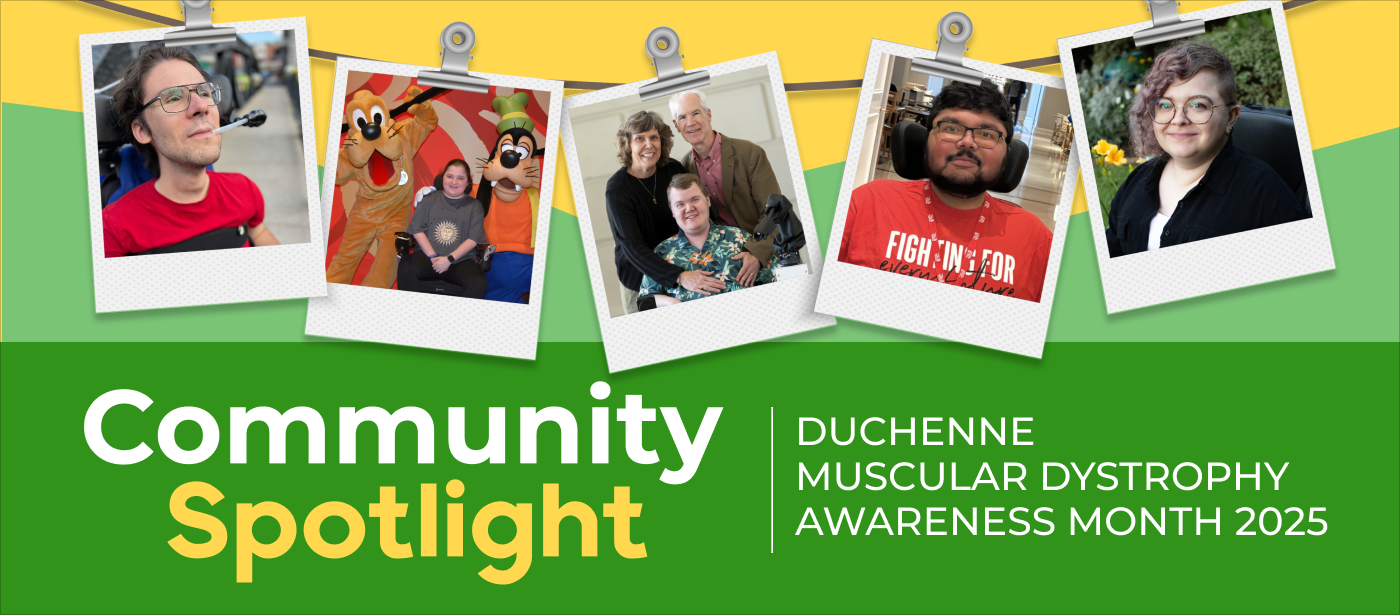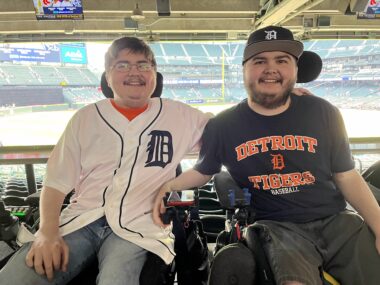Being part of a disabled community means learning to trust
Written by |

In recognition of Duchenne Muscular Dystrophy Awareness Month in September, the Duchenne Muscular Dystrophy Community Spotlight campaign features a series of stories highlighting the real-life experiences of people affected by Duchenne muscular dystrophy, written in their own words. Follow us on Facebook, Instagram, X, and Pinterest for more stories like this, using the hashtag #MDSpotlight, or read the full series.
For a disabled person, trust in others is imperative. All the successful ones have a trustworthy support system around them. Living in a world of distrust and paranoia doesn’t help anyone. As a member of the disabled community myself, it’s been an eye-opening process to come to accept.
Duchenne muscular dystrophy (DMD) has been a part of my life for 19 years. Now, I’ve had the disease for 27 years, but I wasn’t diagnosed until I was 8, around Father’s Day 2007, at UNC Hospitals in Chapel Hill.

Jonah Perez, left, and his brother, Eli, enjoy a baseball game together. (Courtesy of Jonah Perez)
We had been recommended to schedule appointments with Cincinnati Children’s Hospital Medical Center and meet the head of the neuromuscular team. For kids who are newly diagnosed, meeting a bunch of doctors for the first time isn’t the easiest, but because I had trust in my parents, it was a very positive experience and an impactful one too.
My dad was in the Army, and a couple of years after my first visit to Cincinnati Children’s, we moved back to Washington state. I’m from Washington, and my family had moved to North Carolina before I was diagnosed. It was a big decision to make because I was now far from my care. However, as a family, we felt it didn’t matter how far we were. We trusted the team at the Cincinnati Children’s Neuromuscular Clinic and appreciated how proactive they were. The quality of care justified our commitment to flying there every year.
Duchenne is a disease with lots of variation. There are multiple mutations and different ways and times the disease affects the body. Fortunately, I was someone who maintained a lot of independence for the first 23 years of my life; I never needed a caregiver to function. I achieved a bachelor’s degree in journalism and attended the University of Illinois at Urbana-Champaign away from my parents without any major problems. This was a privilege, something I didn’t realize until I lost most of my independence.
For those of us with progressive diseases, it’s not a matter of if we need caregivers, it’s a matter of when we need them. It’s tough to accept, but it’s necessary. I didn’t want to welcome and get to know a stranger. I didn’t want them around when I was in the middle of “me” time. I had to learn to be heavily involved and put in a lot of effort to find ones I could trust and rely on. It wasn’t easy, but trusting the hiring process gave me more confidence that I could accept this significant life change.
When there’s no choice about a new reality, fighting the change only makes the transition harder. To function as a contributing member of society, trusting the caregivers is the only way.




